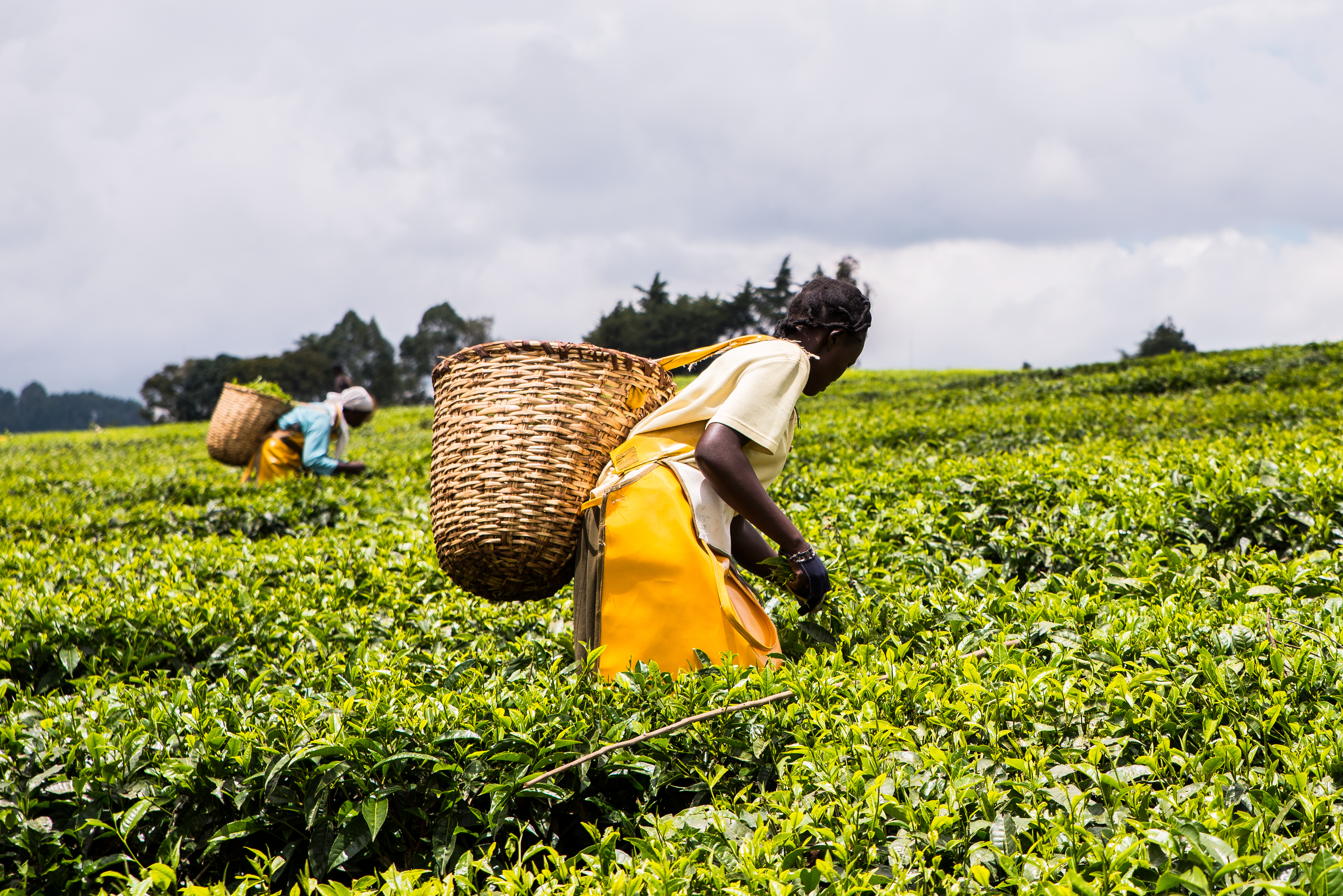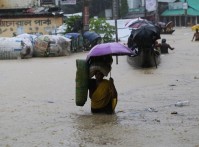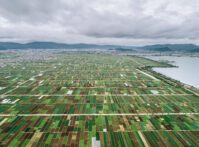-
The Arc | Gender, Agriculture, and Climate Change with Dr. Maureen Miruka
November 9, 2023 By Wilson Center Staff
In the first episode of The Arc, ECSP’s Claire Doyle and Angus Soderberg speak with Dr. Maureen Miruka about the complex relationship between gender, climate, and agriculture. Dr. Miruka, who is Director of Strategic Partnerships and Research at CARE USA, emphasizes the disproportionate impact of climate stressors on women and vulnerable populations through the lens of food systems. She also underscores the pivotal role women play as change agents in global climate mitigation and adaptation, and makes a call to broaden the scope of research in this space to include other gender minorities.
In the first episode of The Arc, ECSP’s Claire Doyle and Angus Soderberg interview Dr. Maureen Miruka, Director of Strategic Partnerships and Research at CARE USA. Dr. Miruka unpacks the complex relationship between gender, climate, and agriculture, emphasizing the disproportionate impact of climate stressors on women and vulnerable populations through the lens of food systems. Dr. Miruka also underscores the pivotal role women play as change agents in global climate mitigation and adaptation, and makes a call to broaden the scope of research in this space to include other gender minorities.
Select Quotes:
“Due to gender-based inequalities and harmful social norms, the impact of climate change disproportionately affects women and other vulnerable populations. And so it follows that the resources and options available to address these challenges are strongly dependent on the gender norms themselves and the expectations that govern the way women and these populations live their lives. But I hasten to add that women and girls are not just victims, they’re uniquely positioned as essential change agents in global climate mitigation and adaptation.”
“The social norms will determine how food aid and other responses to climate change are put together because of who will turn up for whatever interventions are given. So if we are doing training, if we are doing cash assistance, if we are doing interventions that ensure that women have the resources and inputs that they need, you will find that men will be at the forefront of those who are selecting the beneficiaries, and so the processes often exclude women. This is because women are saddled with all these other roles that they have to undertake.”
“We find that even today, people are fighting affirmative action that ensures that we have the right number of women in spaces where decisions are made. We have to continually ensure women’s leadership and inclusion in all climate change and justice conversations are taken seriously so that we can address the barriers that limit their voice and roles.”
Sources: CARE USA Photo credit: Women in Africa harvesting tea leaves near Nandi Hills, Kenya, courtesy of Jen Watson/Shutterstock.com.
 A Publication of the Stimson Center.
A Publication of the Stimson Center.








